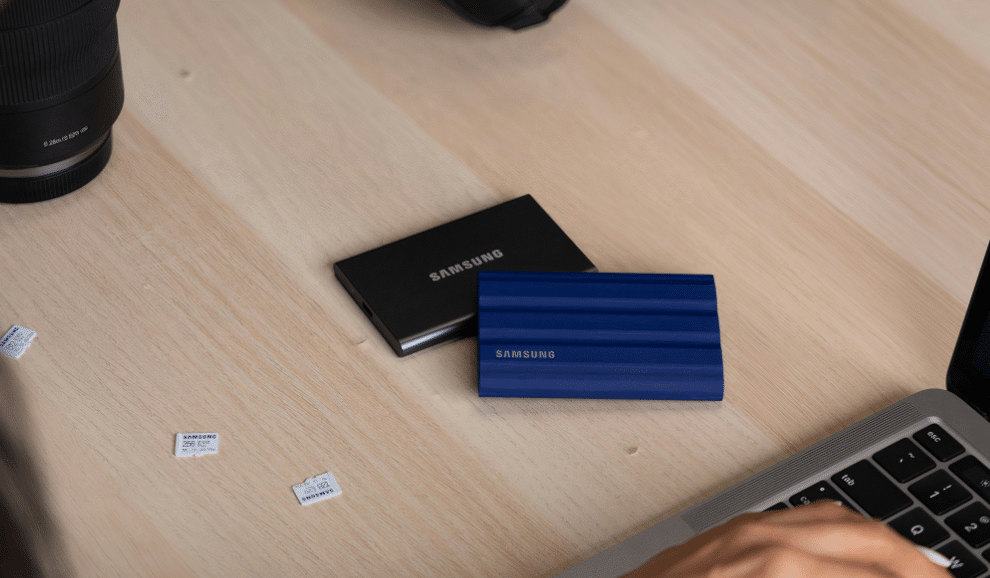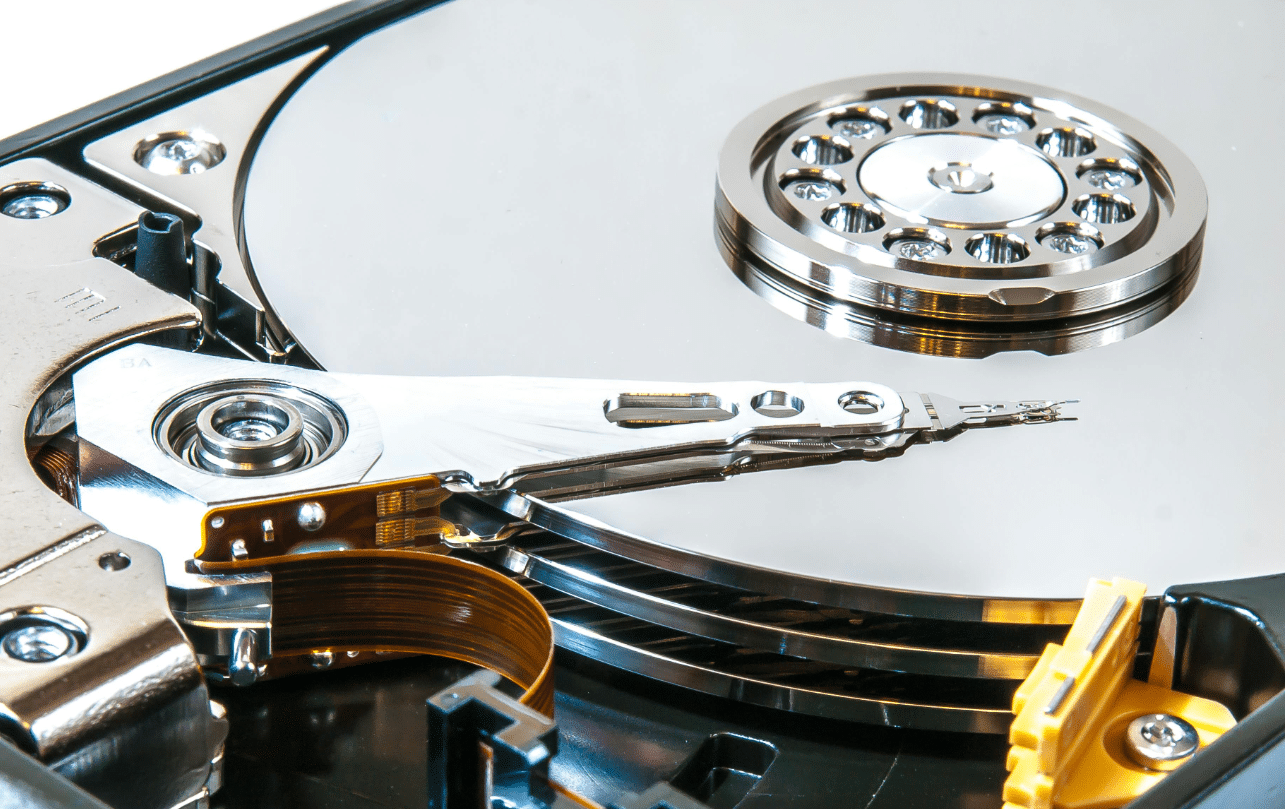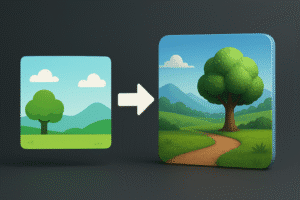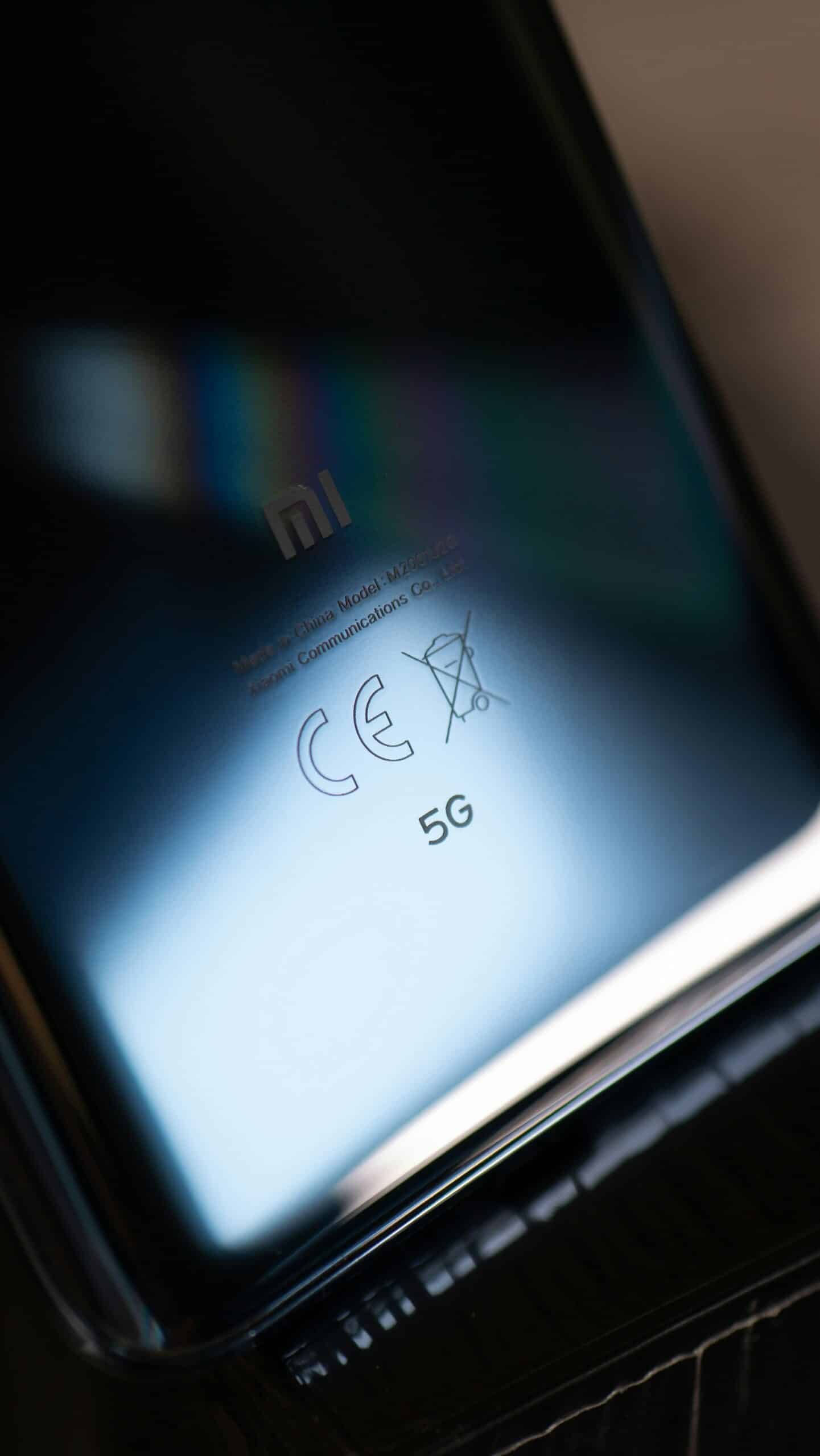Solid State Drives(SSD) have become extremely common over the past few years, mainly due to their declining costs and superior technology. However, they are still around three times more expensive than Hard Disk Drives(HDDs).
You don’t want to be stuck waiting for a game to load on a slow HDD. But you definitely won’t be happy with a storage disk that’s full. So, choosing the right storage type for your needs is crucial.
In this article, we are going to take a look at the differences between SSDs and HDDs to help you determine which drive you should choose for your needs.
Understanding the Differences Between SSDs and HDDs
Before you can decide which of the two storage types would be better for you, it’s important to look at the differences between them.
Technology Used
SSDs and HDDs both do the same thing: store data. However, the technology used in a solid-state drive is very different when compared to a traditional hard drive.
Solid State Drives use a nonvolatile flash memory, which uses combinations of integrated circuits to store data. The SSD stores information within different blocks and a controller is used to track where the data is stored on the drive.
On the other hand, Hard Disk Drives have platters that have magnetic coatings. The spinning platters have small tracks called segments. These unique tracks have their unique addresses that can be used to organize data. A read-and-write head is used to retrieve the information on the spinning platters.
Performance Comparison
SSDs have much faster load times compared to HDDs. Disk drives HDD can have write speeds of up to 150MBs per second, whereas SATA Solid State Drives can have speeds upto 500MBs per second.
The latest NVMe Solid State Drives have lightning-fast speeds of up to 3,500MBs per second. Copying a 20GB file from an HDD can take around two minutes. However, it only takes around 10 seconds on an SSD.
The progress in SSD technology hasn’t stopped yet, as some newer PCI Express Gen 4 models can go up to 7,000MBs per second.
It’s important to know that no storage disk works at its peak speeds at all times. Still, the speeds offered by SSDs are light-years ahead of HDDs.
Reliability and Portability
HDDs are generally better for data storage over long periods as they can last longer without the need for power. This is why they are preferred for storing backups. An internal HDD can last anywhere between three and five years. But, they can last longer if they are stored in a controlled environment and used externally.
SSDs are generally less reliable as they can begin to lose data after one year without power. Their effectiveness also declines steadily as they reach the maximum data limit.

HDDs and SSDs are similar in terms of portability. External HDDs are usually bulkier than SSDs, which can often look like a slightly larger USB drive.
Durability
HDDs have a lot of moving parts in the form of magnetic disks and read/write heads which are extremely fragile. Due to this, even minor drops can cause data loss or even damage the data. Many external HDDs usually come with a silicon case, but usually this isn’t enough to dampen any blows to the inner parts.
On the other hand, SSDs use flash memory which means there are no moving parts. They are more resilient to shaking, drops and other vibrations. This makes them one of the best storage media types to use externally.
Capacity and Cost
Solid State Drives are costlier than Hard Disk Drives. HDDs of the same storage size are typically less than half the price of an SSD.
HDDs are the most affordable type of storage as they have a more efficient cost per gigabyte. The price of HDDs tends to decrease as the story size increases.
There isn’t a lot of difference in data storage capacity sizes as you can get SSDs and HDDs starting at 128GB up to 20TB and more.
Choosing the Best Storage Drive
Now that you know the differences and the features of the two storage types, it’s time to decide which storage option can be the best for you.
Who Should Use a Solid-State Drive?
By now, we know that SSDs are faster than HDDs. This means that your operating system boots quickly, games load faster, and files can be transferred without much need to wait.
If you often work with large file sizes, then an SSD can be the better option for you, as files will load quickly. For gamers, getting an SSD over an HDD can be a great option.
Video Games now have huge sizes, with games like Call of Duty: Warzone of more than 150GB size. Multiplayer games require fast loading to connect to a match on time. Having an SSD can exponentially increase the load times.
Although SSDs can help a game load fast, you still need to have a fast and reliable internet connection for those long gaming sessions with your friends.
Why?
Having a fast internet means that the match data from the game servers reaches your game client with the least possibile ping. A reliable internet means that the connection between your game client and server is stutter-free for the best experience. We recommend checking out the Xfinity Internet plans to find one that suits your needs.
Who Should Use a Hard Disk Drive?
With SSDs being all the rage now, one might start to wonder why they should even go for an older storage type.
However, HDDs can have some benefits over SSDs. The main one is cost, as you can get a hard drive WITH the same storage for half as much compared to an SSD.
Hard disk drives are also more reliable, which can be great for making backups. If you don’t tend to use the same file often, storing it on an HDD is a great idea.
Why Not Use Both?
With PCs and laptops supporting multiple drives, you can use the hybrid approach and use both types of disk drives.
Some of the most important files can be stored on an SSD. These include your operating system, applications you use, and the games you play often.
Larger files and the files you don’t use often can be stored on the HDD. This includes backups, games you don’t play a lot, and large movies.
Using this approach can also be much more cost-effective as you can get a smaller SSD for the most important data and a larger HDD for the less frequently used data.
Additional Factors of SSDs and HDDs
The cost and speeds of the storage devices aren’t the only factors to consider when buying a new drive. Let’s take a look at some of the other factors that can influence your decision to buy an SSD or an HDD.
Security and Data Recovery
Although hard disk drives are better for creating backups, they aren’t necessarily more secure. Solid-state drives have no moving parts, which means they are less prone to mechanical failure. HDDs, on the other hand, are less secure, especially in portable devices like laptops.
Data Recovery is much easier on an HDD as the data is stored on the platter, which isn’t wiped if the drive fails. This means that the data on the platters can still be recovered. The flash memory on SSDs marks the data as invalid, making it impossible to recover.
Noise Levels
The noise level of the disk drive is something to consider when choosing your next storage.
Hard Disk Drives have mechanical parts that can create a constant noise level of 20-30 decibels during regular operation. This is due to the movement of the read/write head and the spinning platters, which rotate at 7200 RPMs. On the other hand, SSDs are entirely silent at 0 decibels of noise.
Environmental Impact
SSDs are more harmful to the planet compared to HDDs. While SSDs consume less energy to work, they emit more greenhouse gasses during production.
Studies have shown that HDDs emit anywhere between 99Kg to 199Kg of CO2. On the other hand, SSDs can emit between 184Kg to 369Kg.
Wrapping Up
SSD prices are gradually coming down, but they are still much more expensive than the HDDs that allow you to store terabytes of data. However, in the next five years, we predict the prices of SSDs to be on par with the speeds of HDDs.
But, by that time, we might see a newer, better technology. Feel free to let us know your thoughts in the comments below.
FAQ: SSD vs. HDD: Which One Is Better?
What is the primary difference between SSDs and HDDs?
SSDs use nonvolatile flash memory for storage, resulting in faster read/write speeds, while HDDs use spinning magnetic platters and a read/write head, which makes them slower.
Are SSDs faster than HDDs?
Yes, SSDs are significantly faster. SATA SSDs can reach speeds of 500MB/s, while the latest NVMe SSDs go up to 7,000MB/s. In contrast, HDDs typically have write speeds of up to 150MB/s.
Which is more durable: SSD or HDD?
SSDs are more durable since they lack moving parts, making them resistant to drops and vibrations. HDDs, with fragile moving parts, are prone to damage from physical shocks.
Are SSDs or HDDs more affordable?
HDDs are more affordable, offering a lower cost per gigabyte. SSDs are costlier but provide faster performance and better durability.
How do SSDs and HDDs compare in terms of storage capacity?
Both SSDs and HDDs are available in similar capacities, ranging from 128GB to over 20TB. However, high-capacity HDDs are significantly cheaper.
Are HDDs better for long-term data storage?
Yes, HDDs are better for long-term data storage since they can retain data for extended periods without power. SSDs may lose data if left unpowered for over a year.
Who should use an SSD?
SSDs are ideal for:
- Gamers who need faster load times.
- Professionals who work with large files, such as video editors.
- Users looking for faster boot and transfer speeds.
8. Who should use an HDD?
HDDs are best for:
- Budget-conscious users needing large storage.
- Storing backups or files accessed infrequently.
Can I use both SSD and HDD together?
Yes, a hybrid approach is effective. Use an SSD for your operating system and frequently used files, and an HDD for larger files and backups.
Do SSDs and HDDs differ in environmental impact?
SSDs consume less energy during use but produce more greenhouse gases during manufacturing. HDDs are generally more eco-friendly in production.
Is data recovery easier on SSDs or HDDs?
Data recovery is easier on HDDs because data remains on the platters even after drive failure. SSDs mark data as invalid, making recovery more challenging.
Are SSDs silent?
Yes, SSDs operate silently, while HDDs can generate 20-30 decibels of noise due to their moving parts.
Are SSD prices expected to decrease?
Yes, SSD prices have been declining and are expected to continue dropping, potentially matching HDD costs in the next few years.
Which storage type is better overall?
It depends on your needs. SSDs are better for speed, durability, and performance, while HDDs are ideal for cost-effective, high-capacity storage and backups.
What factors should I consider when choosing between SSD and HDD?
Consider performance, capacity, cost, durability, noise levels, and environmental impact. Your specific use case, such as gaming or data backup, will guide the choice.




